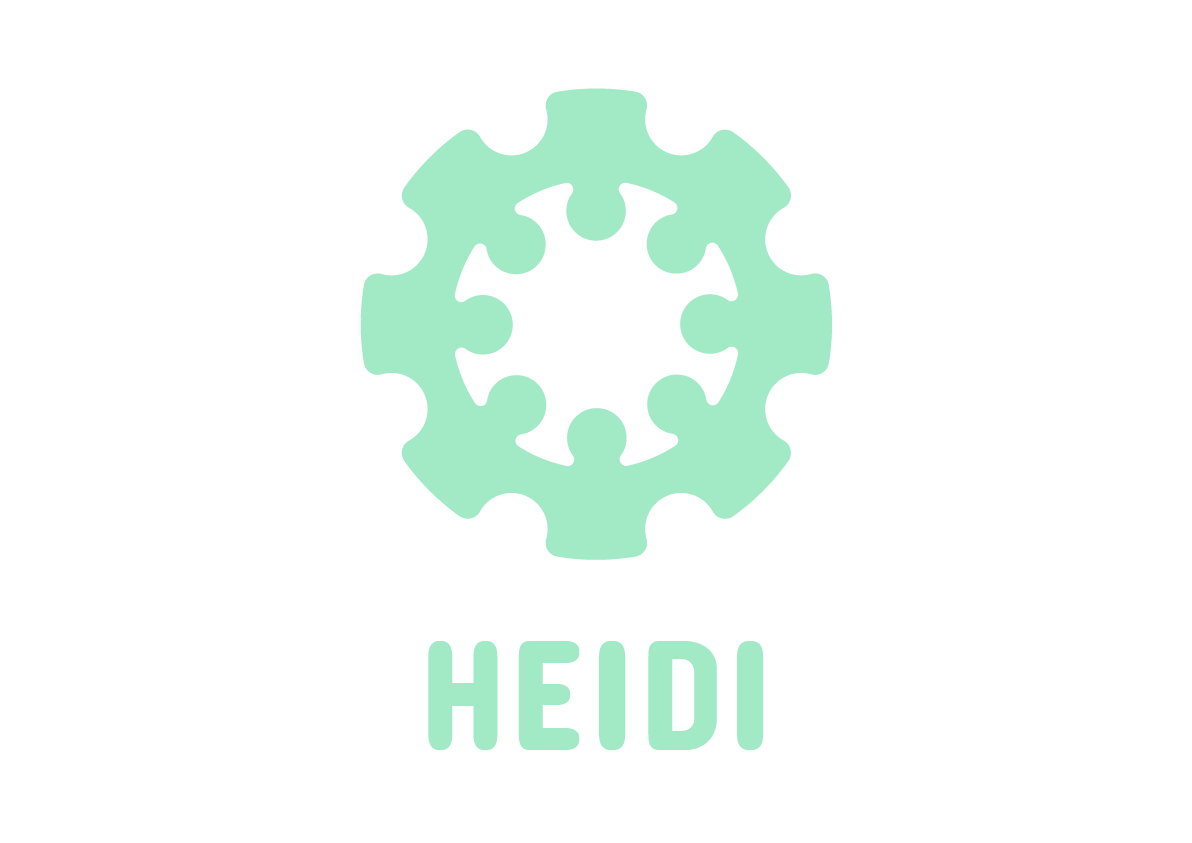Training: Why trust citizen generated data?

The UCL HEIDI team is running a series, “Citizen Science For All Talks” through the spring and summer of 2022. These talks are open to HEI staff and students and any interested members of the public. No in-depth knowledge of citizen science is required to attend. These talks are all online, and have 2-3 speakers who are experts on some particular citizen science topic.
On 8th March 2022 we held this one on a topic that is looked on with some suspicion by those new to citizen science – can members of the public, who are often untrained in science, really produce quality data on a par with professionals? The answer is often yes! Our two speakers talked us through the ways in which various projects can ensure high quality data. These speakers were Dr Amy Freitag of NOAA and Alexandra Czeglédi of ESSRG.
Amy gave the first talk. She has written a paper: “Strategies Employed by Citizen Science Programs to Increase the Credibility of Their Data”. She told us that ethics in citizen science is extremely important, and data quality is part of that. There are multiple stages where data quality must be checked – during the planning stage, in the field, in the write-up, etc. Strategies may be multiple people checking the same image, or heavier weight given to more expert checkers, technical aids (e.g. AI recognition), or more traditional validations such as peer review. She also told us how important it is to build trust and to find out why a group is collecting data (the goal may be education, for example, rather than science), and not to use someone else’s data in a way they did not intend – but on the other hand, multiple data points from multiple sources or geographic locations can tell a much richer picture than a single set of data points.
Alexandra gave the next talk on co-creation, citizen science and trust mapping in Hungary, where citizen science is fairly new and where she has noticed different attitudes to science in western and eastern European countries. She and her colleagues have conducted many interviews, including of researchers in Hungary and how much they trust the data that they themselves have collected – and this trust seems fragile. Funding has been a problem, and citizen science a way to get around this. Once a co-operative community is established, trust seems to improve, but it is vital to establish proper research procedures and do the work visibly, and make it on a topic that the public finds interesting – a popular way to do this is advocacy, such as environmental citizen science. People in the field turn out to be very knowledgeable about matters such as pollution. But another problem has been that researchers feel they lack skills in communication and working with the public. International citizen science projects have been an extremely helpful way for local citizen science project leaders to learn methods.
We thank our speakers for their interesting talks! You can watch them on YouTube here or read our livetweets here.

